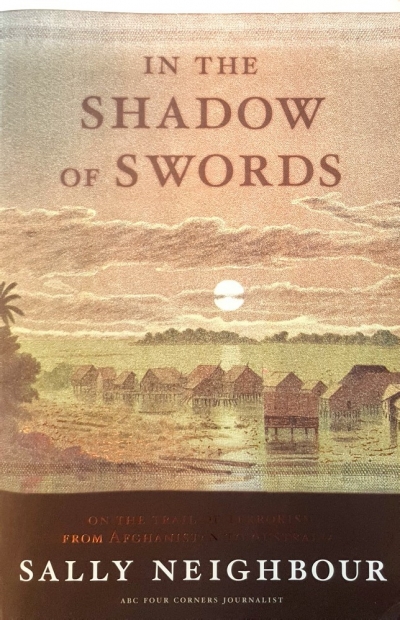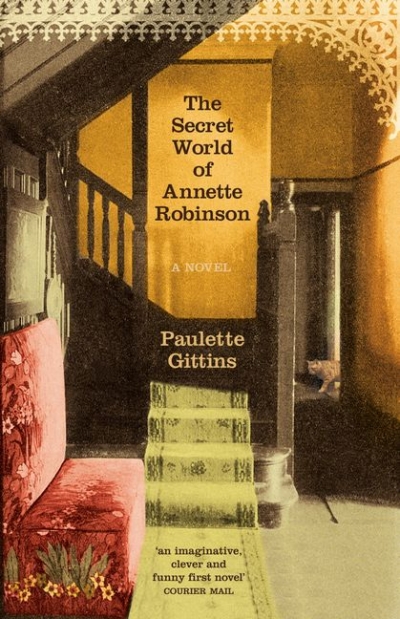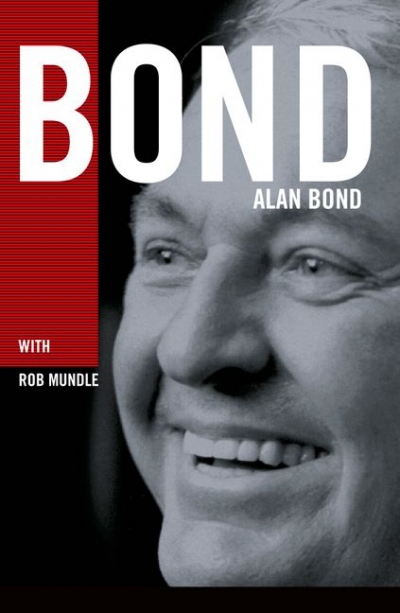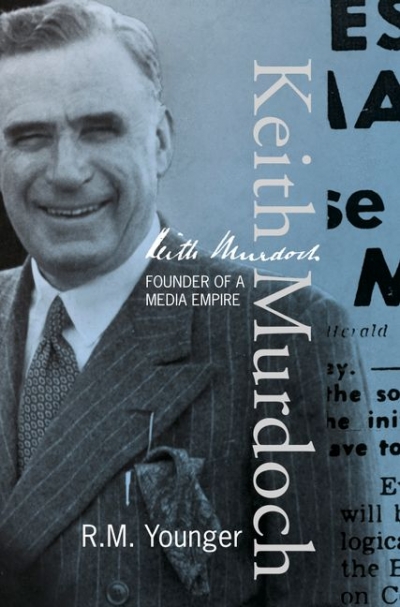HarperCollins
In the Shadow of Swords: On the trail of terror from Afghanistan to Australia by Sally Neighbour
by Vivienne Kelly •
A Tuesday Thing by Kate Shayler & God's Callgirl by Carla van Raay
by Joy Hooton •
The Secret World of Annette Robinson by Paulette Gittins & Percussion by Jay Verney
by Dianne Dempsey •
Reflections in Glass: Trends and tensions in the contemporary Anglican church by Peter Carnley
by Muriel Porter •
Blindside by J.R. Carroll & Degrees of Connection by Jon Clearly
by Rick Thompson •
As Eric Hobsbawn points out in his autobiography, Interesting Times: A Twentieth Century Life (2002), ‘the world needs historians more than ever, especially skeptical ones’. History, however, is not a popular subject in today’s schools. Three of these four books make attempts, variously successful, to engage young readers in a sense of the past. The other is a bizarre compilation of odd details, and could be considered an account of the history of certain sciences; it almost fits into the historical ambit.
... (read more)Keith Murdoch: Founder of a Media Empire by Ronald M. Younger
by Bruce Page •
30 Days: A month at the heart of Blair’s war by Peter Stothard
by Richard Walsh •










